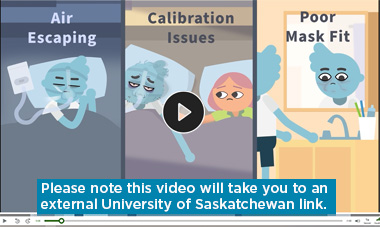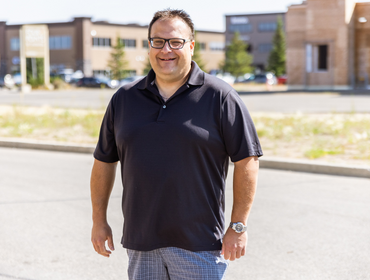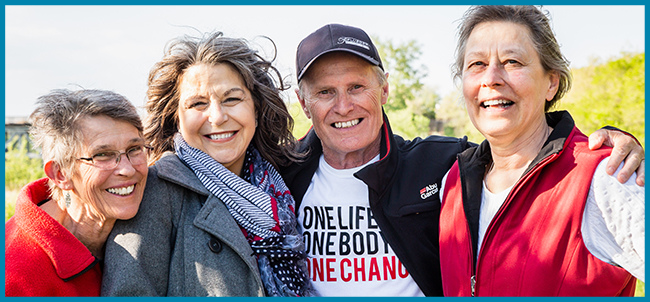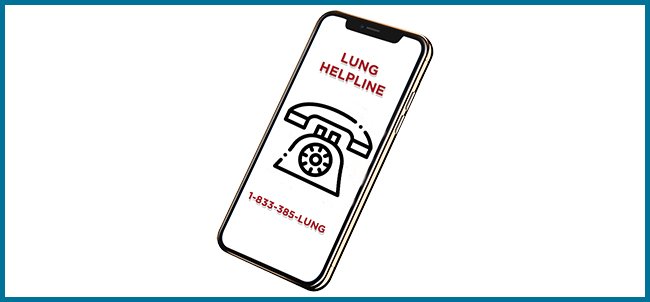Sleep Apnea and Daily Life
Some people with mild sleep apnea can be treated with lifestyle adjustments such as weight loss and avoiding alcohol and sedatives. If you only have episodes of OSA while sleeping on your back, sleep position training may correct the problem. As you get older or if you gain weight, these simple solutions may no longer be effective.
Sleep Apnea - Issues
There are things that you can control that might help your sleep apnea.
Things you can control:
- Diet and weight gain
- Exercise
- Medications, i.e., taking regularly
- Alcohol and caffeine use
- Smoking, vaping or other tobacco use
- Acid reflux
Exercise
Regular exercise has many benefits for those with sleep apnea including:
- Improved endurance
- Improved muscle tone
- More energy
- Feel less tension, depression and anxiety
- Helps with weight control
- Lowered blood pressure
- Improved circulation
- Reduced risk for heart attack or stroke
Before making any lifestyle changes or starting a weight-loss program, consult your doctor.
Traveling With Your Machine
You should bring your CPAP with you anywhere you plan to sleep.
If you are flying, bring your CPAP machine as carry-on luggage. To make getting through security as smooth as possible, bring your CPAP prescription and a letter from your doctor explaining what your CPAP machine is, and that it’s medically necessary for you to use it. Your CPAP humidifier should be emptied prior to travelling.
Check about the type of electrical supply in the country where you are traveling as you may need a converter. You may also want to bring a battery pack and extension cord.
Medications
Anyone you see outside your sleep apnea team (ie. dentist, optometrist, other specialists etc.) should be aware of your sleep apnea diagnosis before you are prescribed any medications or treatments. Many different kinds of medications can make your sleep apnea worse. Please discuss all your medications with your doctor and pharmacist, including herbal and over-the-counter remedies. A medic alert bracelet speaks for you when you cannot. Sleep apnea is one of the conditions that can be listed on the bracelet.
Alcohol
Alcohol can make sleep apnea worse. Alcohol can increase sleep apnea events, snoring, and oxygen desaturations during sleep, therefore, increasing sleepiness and promoting weight gain.
Caffeine
Caffeine (a stimulant) can cause problems with sleep, especially if taken within four hours of bedtime. Caffeine is in many items including coffee, tea, soft drinks and chocolate. Try limiting caffeine to the daytime. Decaffeinated drinks are a better option to consume before bed.
Nicotine
Nicotine can cause problems with your sleep cycle. Nicotine is in cigarettes, e-juice and other tobacco or nicotine products. People who smoke, have a higher risk of sleep apnea. Smoking causes nasal congestion and irritation, which can interfere with your CPAP therapy.
Consider quitting smoking or vaping. Once you are ready to begin planning for the day you will quit, there is help – your doctor, medications, self-help information and helplines are available to help you succeed. It is never too late to quit smoking or vaping. For more information, visit
Acid Reflux (GERD)
Acid reflux, also known as GERD (gastroesophageal reflux disease) or heart burn, often occurs when you have sleep apnea. GERD causes swelling and blockage in the upper airway. Sleep apnea along with obesity can cause an increase in abdomen pressure which may contribute to GERD. Stomach medications, weight loss and proper sleep apnea treatment can improve acid reflux symptoms. It is also helpful to not eat before bedtime and stay away from foods that may trigger reflux.
Driving
People with untreated sleep apnea are at greater risk of car accidents. The collisions are often severe and result in serious injuries.
Some points to think about:
- In some provinces, doctors have a duty to report sleepy patients who refuse to use CPAP therapy to their motor vehicle departments.
- Once you begin CPAP therapy, you can safely resume driving in 1-3 weeks. With proper treatment, by that point, your risk of having a crash becomes the same as other drivers.
- You should check with your insurance company or provincial driver’s license issuer about medical conditions that need to be reported.
- Be aware that your insurance may be void if you are not using your CPAP and you become involved in a crash because of sleepiness.









